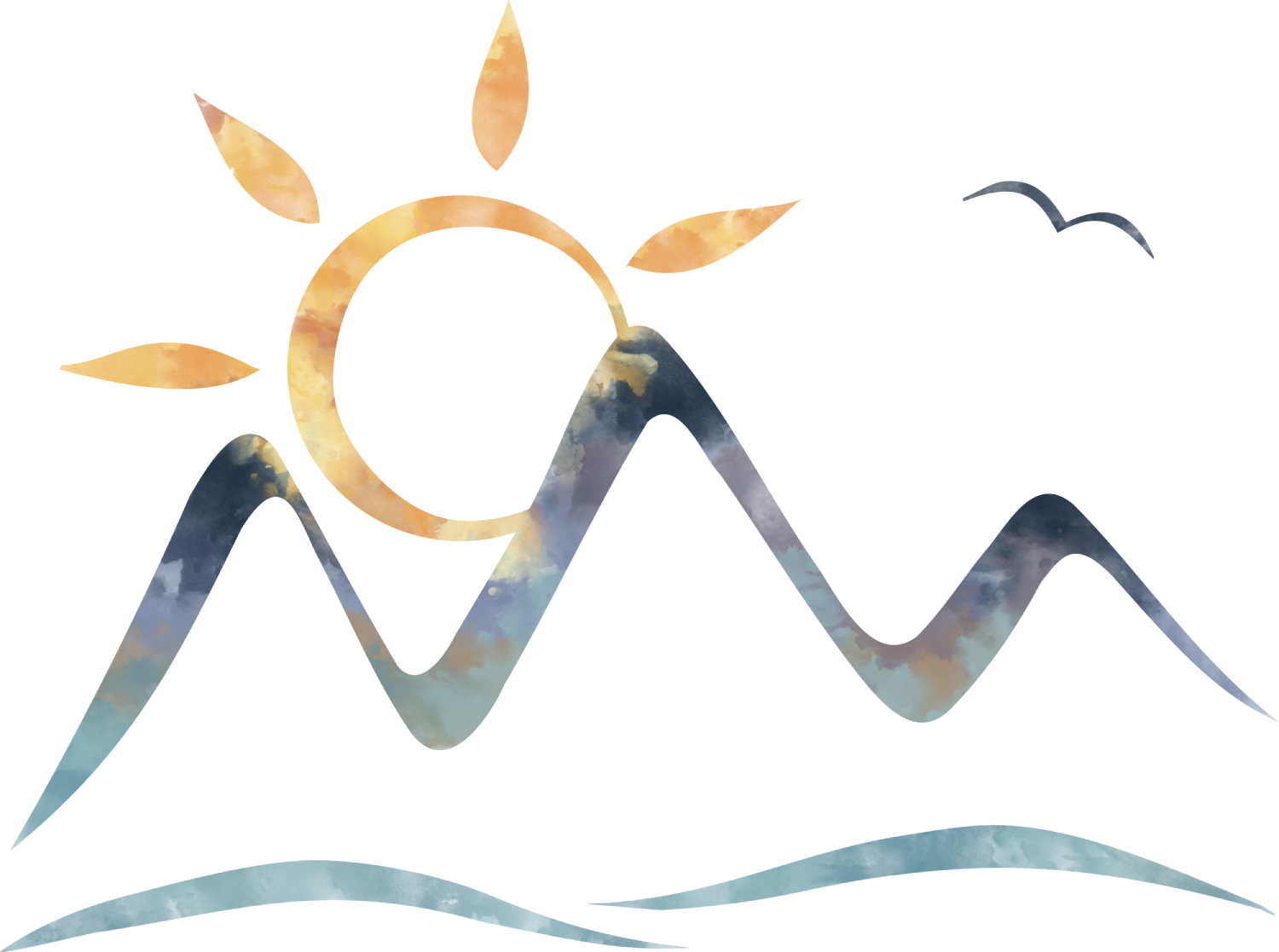
Suggested Reading
“Great books help you understand, and they help you feel understood.”
Counsellors often suggest books to help people as they make changes in their lives and improve their wellness. There is no guarantee any book can provide the answers any person may need. However, in conjunction with therapy, reading or bibliotherapy can be helpful in developing an understanding of your specific concerns and building personal strategies. We encourage you to discuss any books you think may be helpful in your process with your counsellor.
-
Burns, D. (2007) When Panic Attacks: The New Drug Free Anxiety Therapy that Can Change Your Life*
Eifert, G.H. and Forsyth, J.P. (2016). The Mindfulness and Acceptance Workbook for Anxiety*
Jeffers, S. (2006). Feel the Fear and Do it Anyway*
-
Caudill, M.A. (2016). Managing Pain Before It Manages You*, 4th Ed.
-
Burns, D. (2010). Feeling Good Together: The Secret to Making Troubled Relationships Work*
Chapman, G. (2015). The 5 Love Languages: The Secret to Love that Lasts*
Gottman, J. & Silver, N. (2015). The Seven Principles for Making Marriage Work: A Practical Guide from the Country’s Foremost Relationship Expert*
Gottman, J., Gottman, J.S., & DeClaire, J. (2019). Eight Dates: Essential Conversations for a Lifetime of Love*
Johnson, S. (2008). Hold Me Tight: Seven Conversations for a Lifetime of Love*
Spring, J.A. (2012). After the Affair: Healing the Pain and Rebuilding Trust When a Partner Has Been Unfaithful*
-
Burns, D. (2008) Feeling Good: The New Mood Therapy*
Greenberger, D. & Padesky, C.A. (2015). Mind Over Mood: Change How You Feel by Changing the Way You Think*, 2nd Ed.
-
Pease Gadoua, S. (2010). Stronger Day by Day: Reflections for Healing and Rebuilding After Divorce*
-
Greene, R. W. (2017). Raising Human Beings: Creating a Collaborative Relationship with Your Child*
Siegel, D.J. & Payne Bryson, T. (2012). The Whole-Brain Child: 12 Revolutionary Strategies to Nurture Your Child’s Developing Mind*
Siegel, D.J. & Payne Bryson, T. (2015). The Whole-Brain Child Workbook: Practical Exercises, Worksheets and Activities to Nurture Developing Minds*
-
Miller, A. (2008). The Drama of the Gifted Child: The Search for the True Self*
Van der Kolk, B. (2014). The Body Keeps the Score: Brain, Mind, and Body in the Healing of Trauma*
Wolynn, M. (2017). It Didn’t Start with You: How Inherited Family Trauma Shapes Who We Are and How to End the Cycle*
Disclaimer
Viewpoint Calgary Psychological Services Inc., and anyone legally connected with Viewpoint or the administration of this website, cannot be responsible for your use of information from this site. Viewpoint cannot be responsible for your use of information in listed books, articles or other readings, or linked from these webpages. Individuals should consult with their counsellor to determine which resources are likely to be most useful for their specific concerns.

